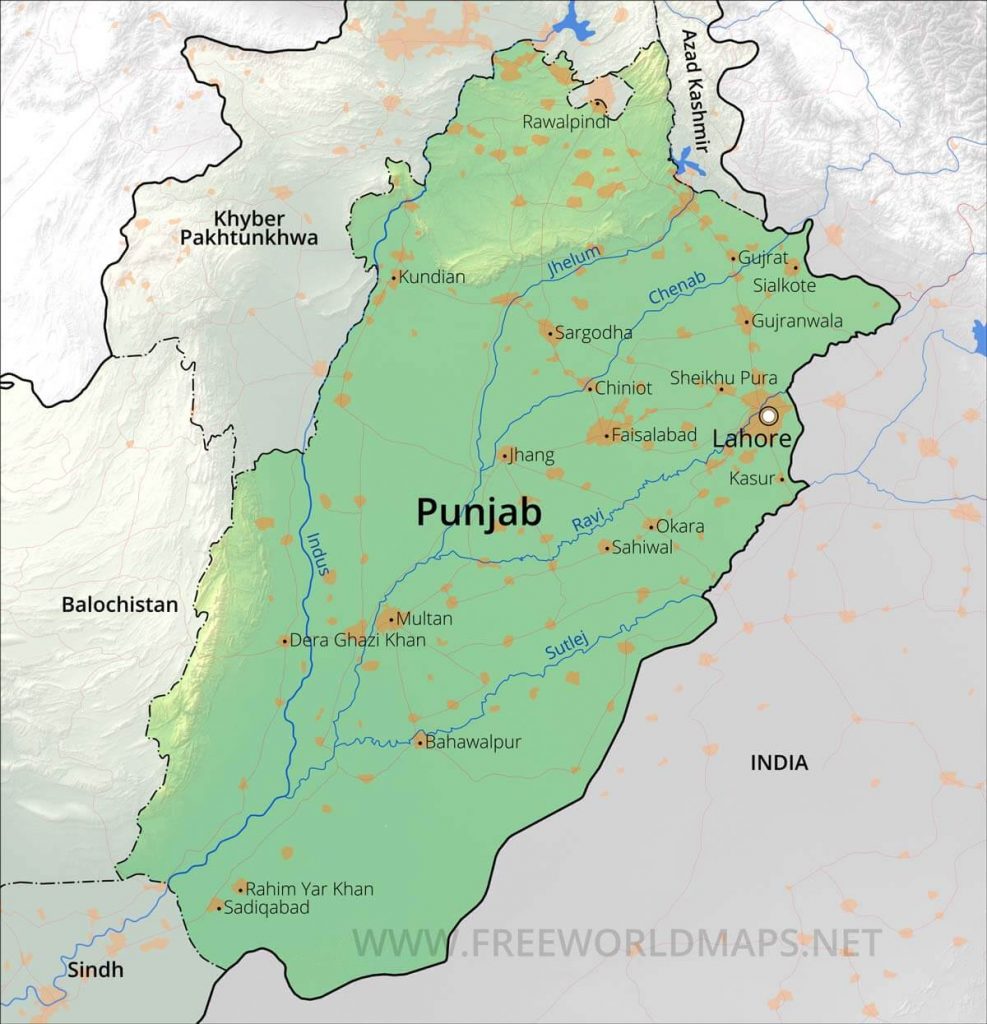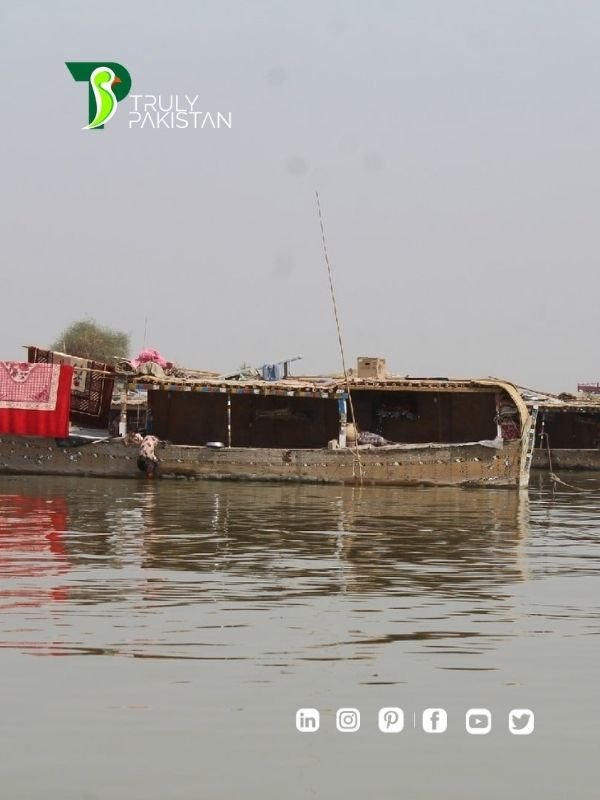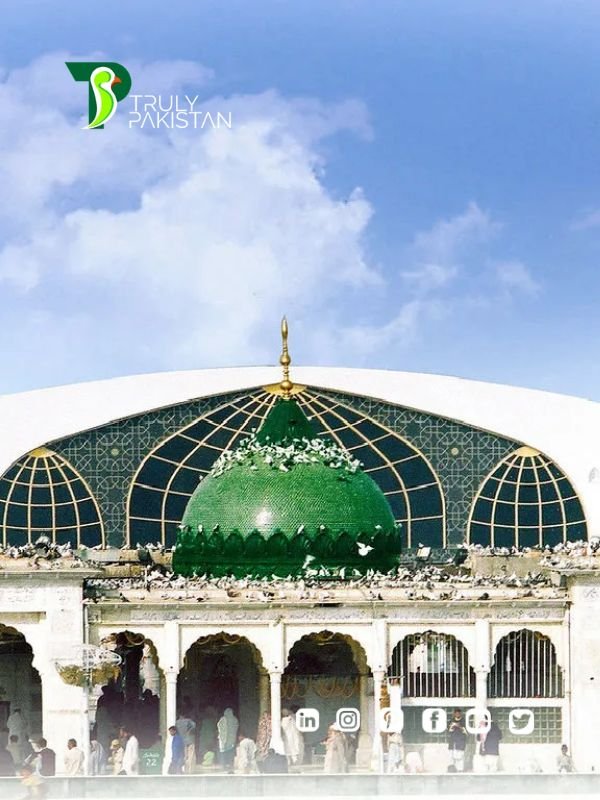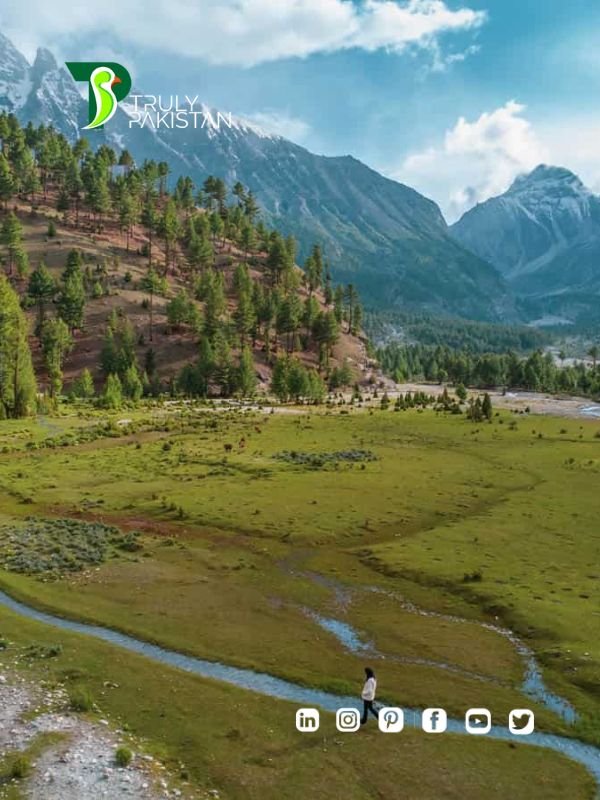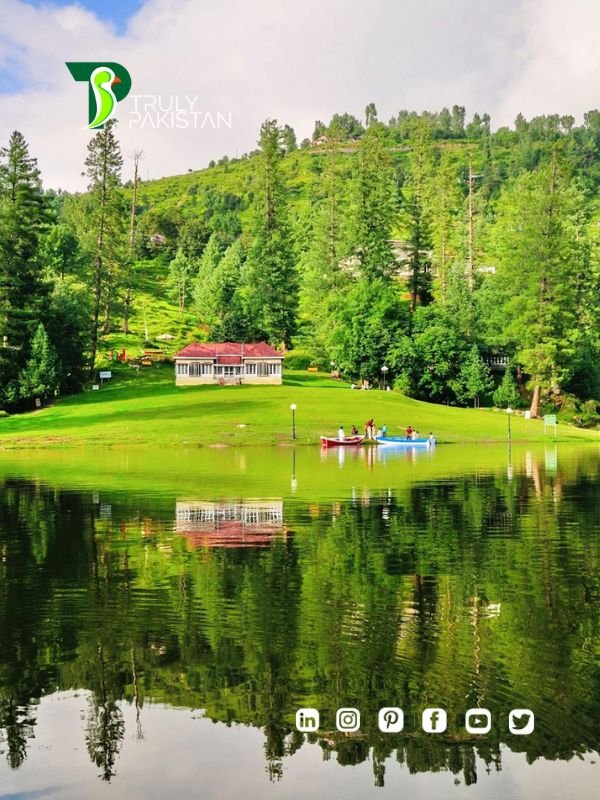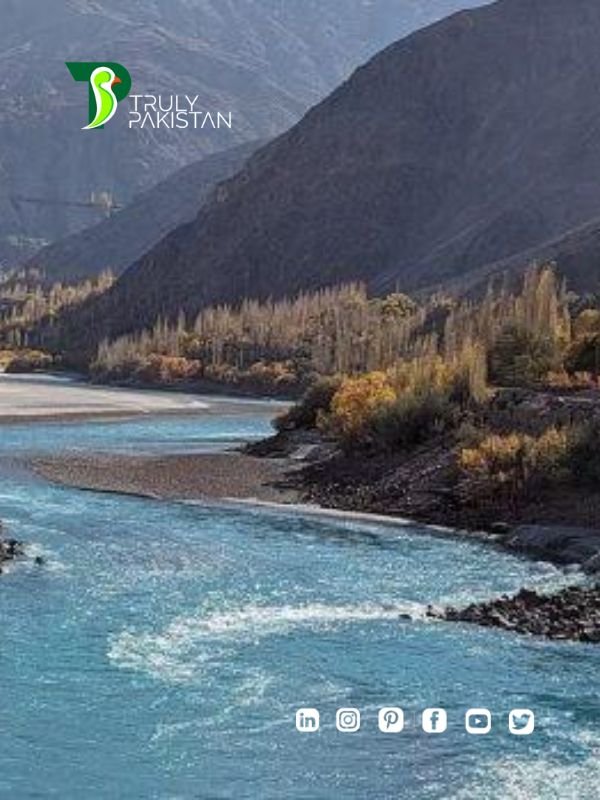Forming the bulk of the transnational Punjab region between Pakistan and India, it is bounded locally by Sindh to the south, Balochistan to the west, Khyber Pakhtunkhwa to the northwest, the Islamabad Capital Territory to the north, and the Pakistani-administered territory of Azad Jammu and Kashmir to the northeast. On its eastern side, it is bounded by the India–Pakistan border, sharing an international boundary with the Indian states of Punjab and Rajasthan to the east and southeast, respectively, and a disputed boundary with the Indian-administered territory of Jammu and Kashmir to the northeast. The province’s capital is Lahore—a cultural, modern, historical, economic, and cosmopolitan center of Pakistan, where the country’s cinema industry and much of its fashion industry are based. Other major cities include Faisalabad, Rawalpindi, Gujranwala, Multan, and Sialkot. Punjab is also the world’s fifth-most populous subnational entity, and the most populous outside of China and India.
Multan was the ancient capital and cultural center of the region, it was conquered by Alexander the Great after a fierce battle. In 326 BCE, Alexander the Great defeated the ancient Indian king Porus in the Battle of the Hydaspes near Mong. Subsequently, Punjab formed part of the Maurya Empire, the Kushan Empire, and the Gupta Empire. In the 7th century, the region saw its first wave of Arab conquests, which introduced Islam; by the 8th century, when Muhammad bin Qasim conquered the key city of Multan.[14] The Umayyad Caliphate had largely conquered Punjab. Arabs ruled the region for next 3 centuries with their capital in Multan. In the subsequent centuries, the region was conquered by various dynasties, including the Hindu Shahis, the Ghaznavids, the Ghurids, the Delhi Sultanate, the Mughal Empire, the Afghan Empire, and the Sikh Empire. During the 18th century, an Iranian invasion of Mughal-ruled India under Iranian ruler Nader Shah caused Mughal authority in Punjab to collapse. Later, the region was conquered by the Afghans under Ahmad Shah Durrani; the Afghan Empire eventually lost control of Punjab as a result of the Afghan–Sikh Wars. In 1799, the Sikh Empire was formally established under the rule of Ranjit Singh with its capital based in Lahore, and Punjab remained under Sikh rule until the arrival of the British Empire. The region was central to the independence movements of Pakistan and India, with Lahore being the site of both the Declaration of Indian Independence as well as the Lahore Resolution that called for the establishment of a separate state for Indian Muslims. The modern-day Pakistani province has its roots in the Punjab Province of British India, which was divided along religious boundaries by the Radcliffe Line during the partition of India in 1947.
Punjab is Pakistan’s most industrialized province, with the industrial sector comprising 24 percent of the province’s gross domestic product. It is known across Pakistan for its relative prosperity and has the lowest rate of poverty among all Pakistani provinces. However, a clear divide is present between the northern and southern portions of the province; with poverty rates in northern Punjab being among the lowest in Pakistan, while some in southern Punjab are among the most impoverished. Punjab is also one of the most urbanized regions of South Asia, with approximately 40 percent of its population being concentrated in urban areas.
It has been strongly influenced by Sufism, with numerous Sufi shrines spread across the province, attracting millions of devotees annually. Guru Nanak, the founder of Sikhism, was born in the town of Nankana Sahib, near Lahore. Punjab is also the site of the Katas Raj Temples, which feature prominently in Hindu mythology. Several of the World Heritage Sites listed by UNESCO are located in Punjab, including the Shalimar Gardens, the Lahore Fort, the archaeological excavations at Taxila, and the Rohtas Fort, among others.
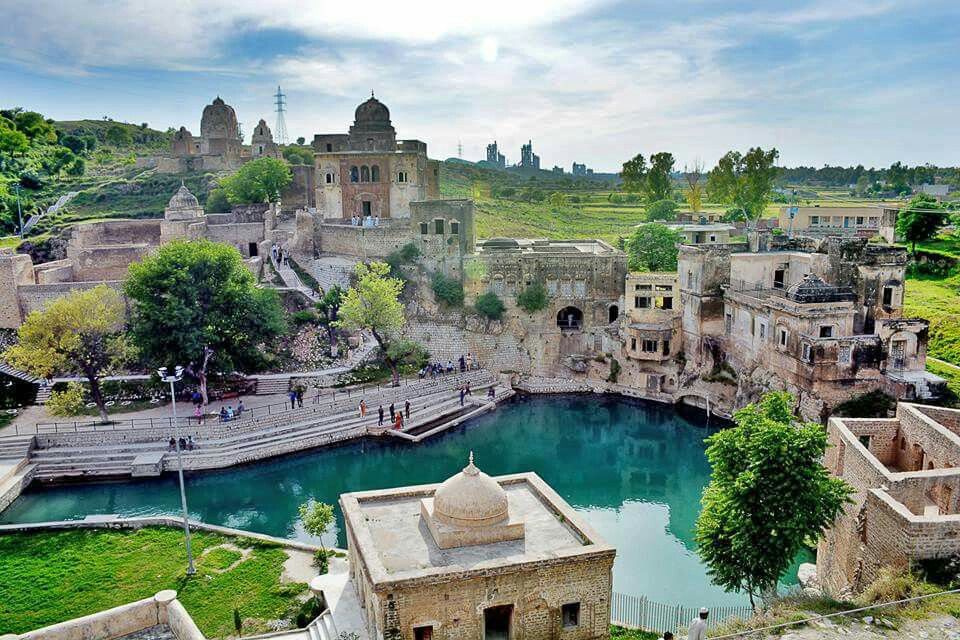

Climate
Most areas in Punjab experience extreme weather with foggy winters, often accompanied by rain. By mid-February the temperature begins to rise; springtime weather continues until mid-April when the summer heat sets in.
The onset of the southwest monsoon is anticipated to reach Punjab by May, but since the early 1970s, the weather pattern has been irregular. The spring monsoon has either skipped over the area or has caused it to rain so hard that floods have resulted. June and July are oppressively hot. Although official estimates rarely place the temperature above 46 °C, newspaper sources claim that it reaches 51 °C and regularly carry reports about people who have succumbed to the heat. Heat records were broken in Multan in June 1993, when the mercury was reported to have risen to 54 °C. In August the oppressive heat is punctuated by the rainy season, referred to as barsat, which brings relief in its wake. The hardest part of the summer is then over, but cooler weather does not come until late October. Recently the province experienced one of the coldest winters in the last 70 years.
Punjab’s region temperature ranges from −2° to 45 °C, but can reach 50 °C (122 °F) in summer and can touch down to −10 °C in winter. Climatically, Punjab has three major seasons:
- Hot weather (April to June) when the temperature rises as high as 123 °F (51 °C).
- The rainy season (July to September). Average rainfall annual ranges between 96 cm sub-mountain region and 46 cm in the plains.
- Cold/Foggy/mild weather (October to March). Temperature goes down as low as 35.6 °F (2.0 °C).
Map of Punjab
